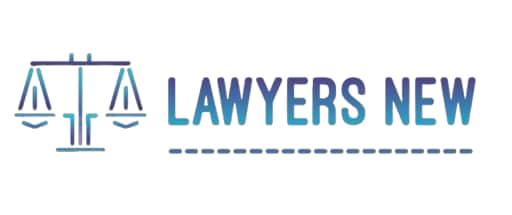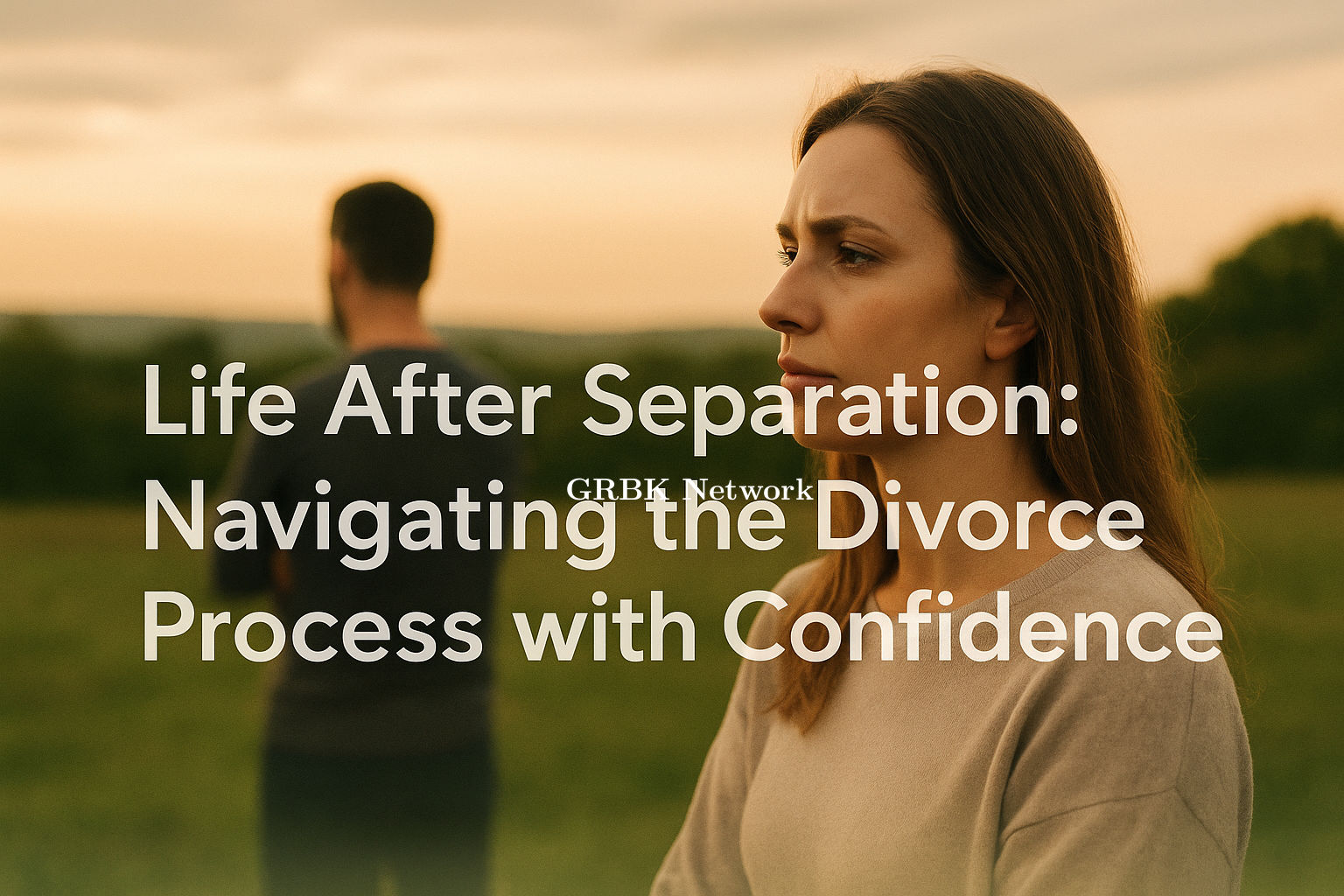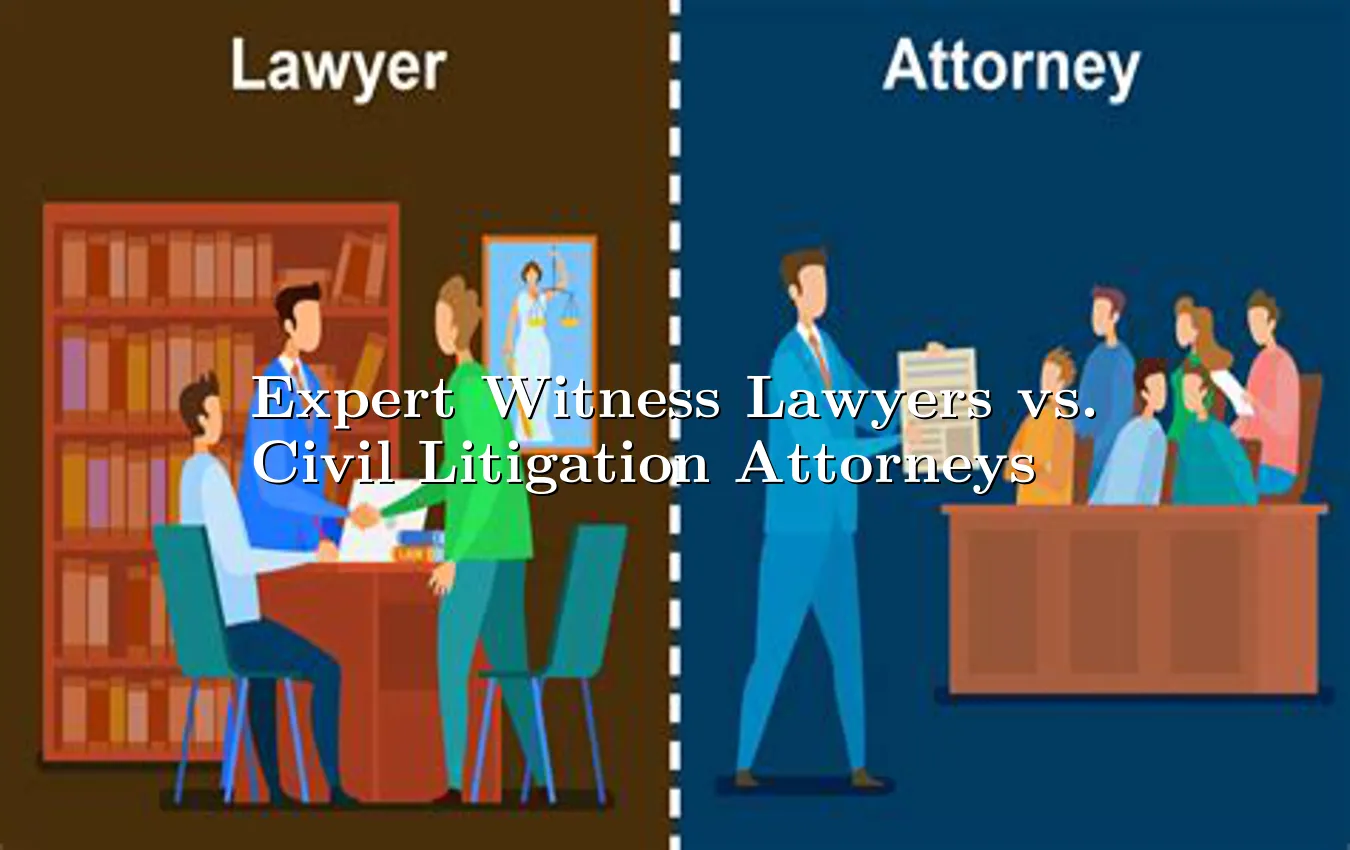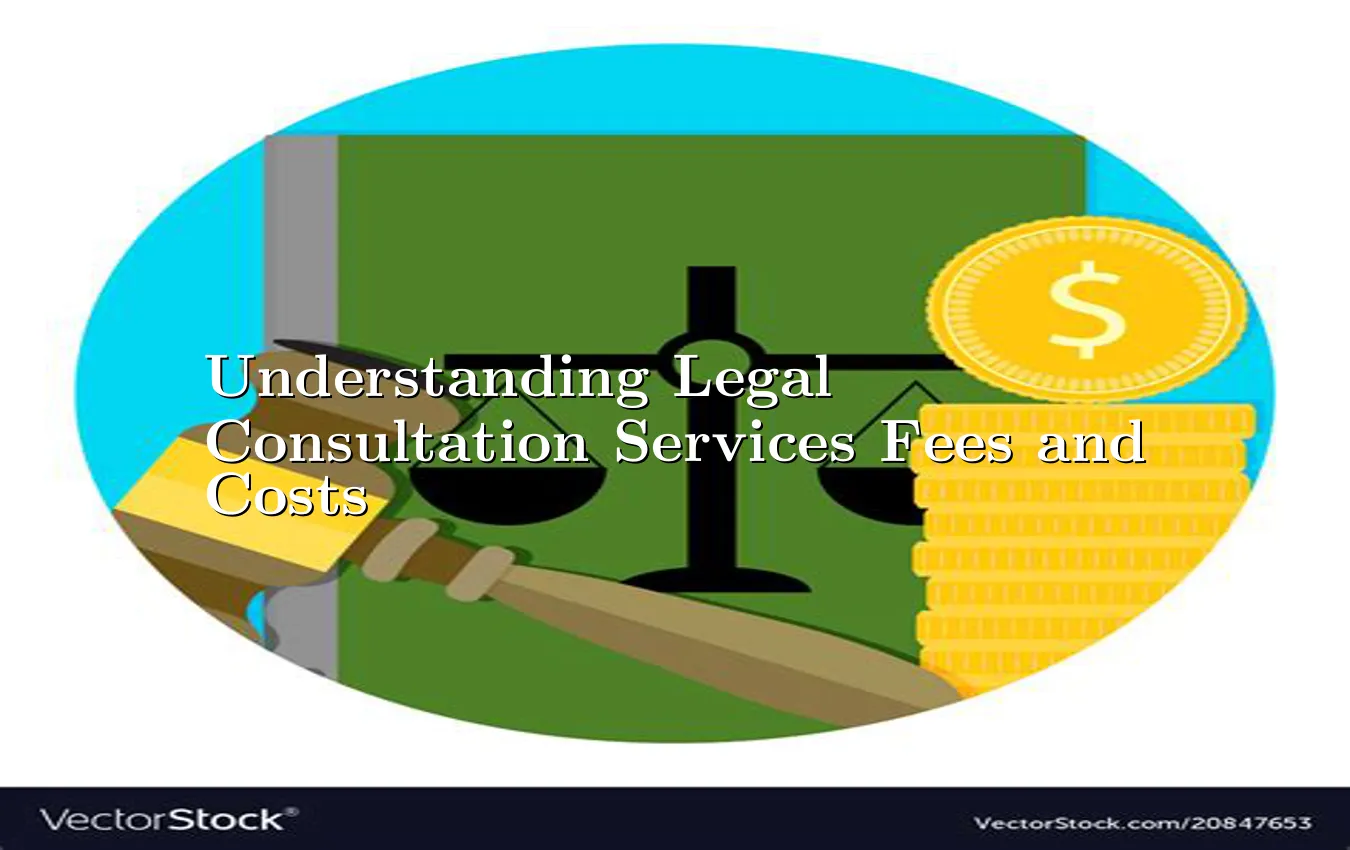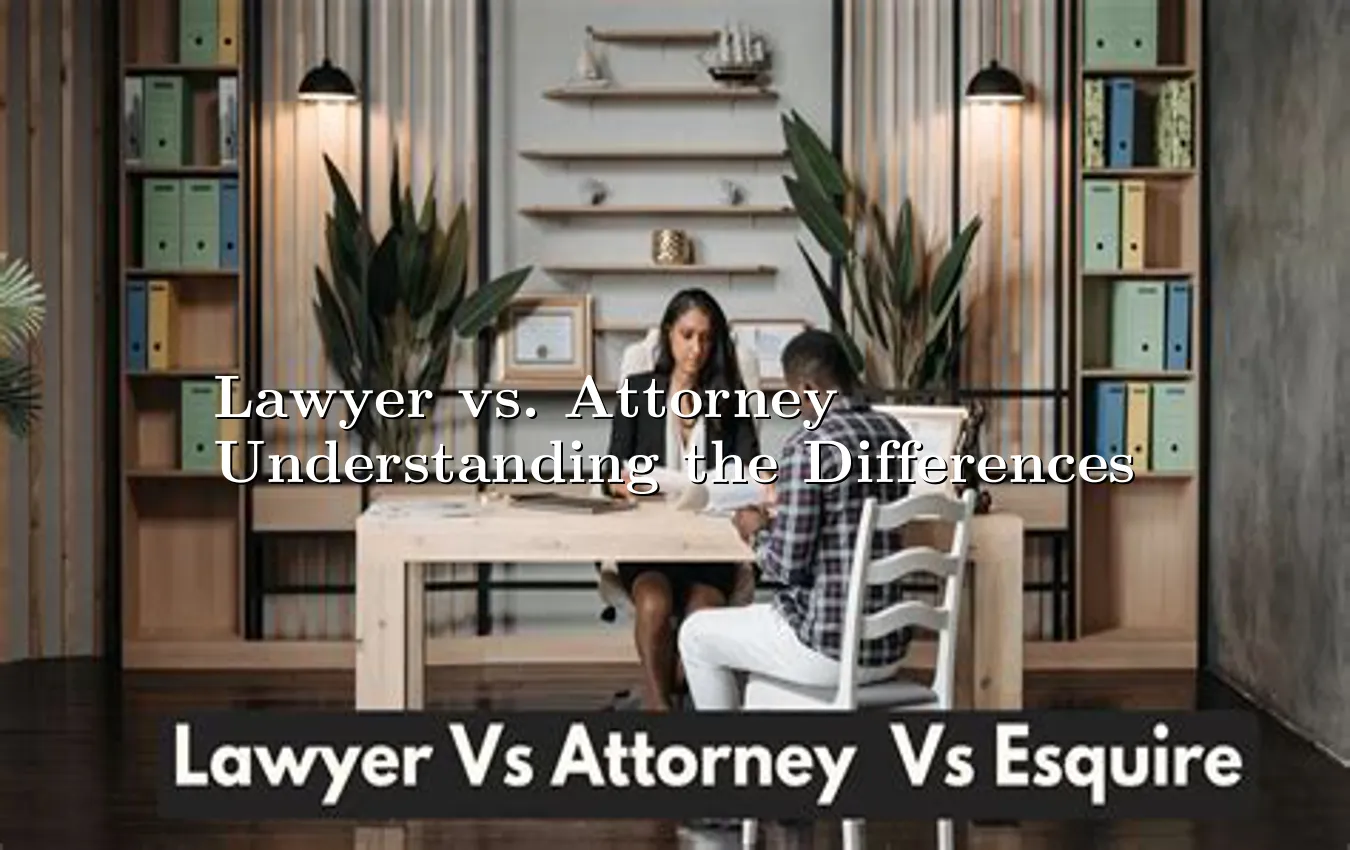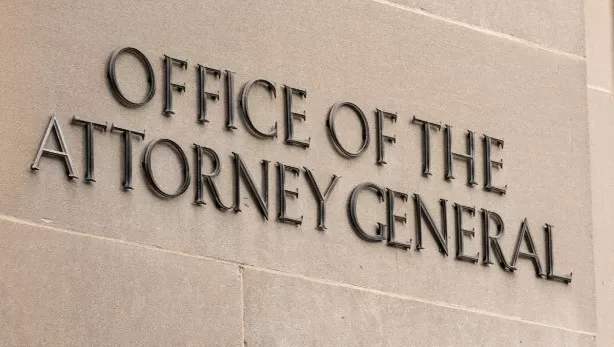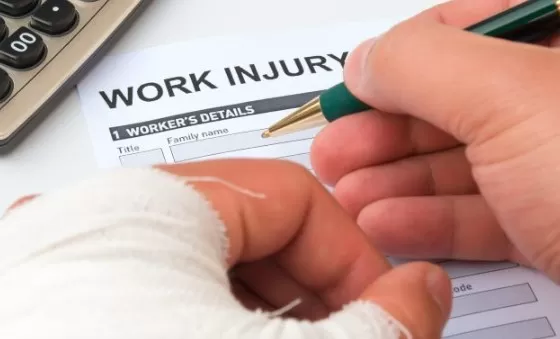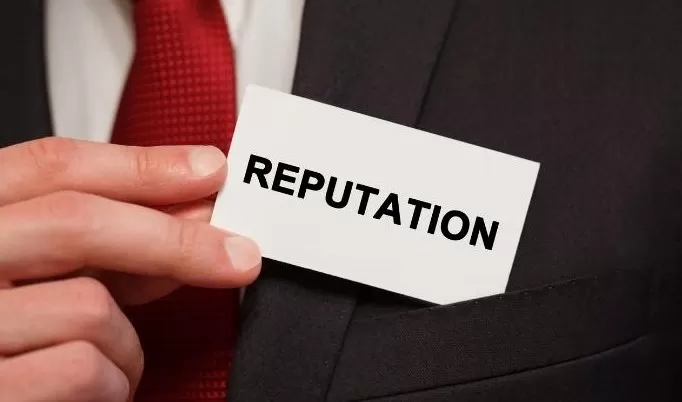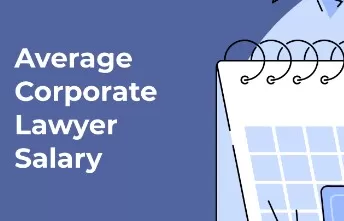
Description : Navigating the complexities of legal needs? Learn when to seek pro bono legal assistance. This guide provides expert tips on recognizing the right circumstances for pro bono representation and maximizing its benefits.
When to hire a pro bono lawyer is a crucial decision for those facing legal challenges but lacking the financial resources to afford a private attorney. This article provides a comprehensive guide to understanding the nuances of pro bono representation, helping you determine the appropriate circumstances for seeking this invaluable legal resource. We'll explore key factors to consider, including the nature of your legal issue, your financial situation, and the availability of pro bono resources.
Understanding Pro Bono Legal Services
Pro bono legal services, meaning "for the public good," represent a critical component of the legal system. These services are provided by lawyers and law firms without charging a fee, often through non-profit organizations or bar associations. They aim to ensure access to justice for individuals and communities who may otherwise be unable to afford legal representation.
Crucially, pro bono work is not simply about providing free legal services; it's about ensuring fair and equitable access to the legal system. It plays a vital role in upholding the rule of law and promoting a just society.
Read More:
Identifying Your Legal Needs
The first step in deciding when to hire a pro bono lawyer is a careful assessment of your legal situation. A simple issue might not warrant pro bono assistance, while a complex case with significant financial implications might be an ideal candidate.
Civil cases: Consider cases involving landlord-tenant disputes, family law issues (divorce, child custody), consumer protection, or employment law.
Criminal cases: While pro bono help is available in criminal cases, it's often more complex. The lawyer's ability to effectively represent you depends heavily on the specific circumstances.
Complex legal issues: Cases involving intricate legal principles, substantial financial stakes, or high-profile individuals may require a more comprehensive legal strategy, potentially necessitating a paid attorney.
Assessing Your Financial Situation
Financial hardship is a primary reason for considering pro bono legal representation. However, it's essential to understand that pro bono services aren't always a guaranteed option, and eligibility criteria vary significantly depending on the specific organization or firm.
Factors like income level, assets, and the nature of the legal issue often determine eligibility. You need to thoroughly research and understand the specific requirements of the organizations offering pro bono services in your area.
Evaluating Pro Bono Resources
Numerous organizations offer pro bono legal help, including non-profit legal aid societies, bar associations, and individual law firms. Researching these resources is crucial to finding the right match for your needs.
Non-profit legal aid societies: These organizations often specialize in specific areas of law and have established eligibility criteria.
Bar associations: Many bar associations have pro bono programs that connect individuals with attorneys willing to provide assistance.
Interested:
Law firms: Some law firms have pro bono programs that might be suitable for your situation. Their programs frequently focus on specific areas or have particular eligibility criteria.
Making the Decision
Ultimately, the decision of when to hire a pro bono lawyer is a personal one. It involves weighing the potential benefits of pro bono representation against the potential limitations and challenges.
Thorough research, careful consideration of your legal needs, and a comprehensive understanding of your financial situation are crucial to making an informed decision. Consider the potential impact of a pro bono attorney on your case, and whether that impact outweighs the potential time commitment and limitations of such representation.
Factors to Consider
Complexity of the case: Simple cases might not require the specialized skills of a pro bono attorney. Complex cases often benefit from the experience and expertise of a paid attorney.
Financial implications: The financial stakes of the case should be weighed against the potential cost savings of pro bono representation.
Time commitment: Pro bono attorneys often have limited time to dedicate to cases. Consider the potential delays or limitations in the timeline of your case.
Specific legal needs: Some pro bono programs specialize in specific areas of law. Ensure that the program aligns with the specific legal issues you face.
Real-World Examples
Consider the case of a single mother facing eviction. A pro bono attorney could provide crucial assistance in navigating the legal complexities of the eviction process, potentially preventing the loss of her home. Alternatively, a small business owner facing a complex contract dispute might benefit from the expertise of a pro bono attorney.
However, a simple traffic ticket might not require the involvement of a pro bono lawyer, as the potential benefits of such representation may not outweigh the time and effort involved.
Choosing when to hire a pro bono lawyer is a crucial step in accessing legal representation. This article has provided a framework for understanding the process, considering your personal circumstances, and evaluating the available resources. By carefully assessing your legal needs, financial situation, and the availability of pro bono programs, you can make an informed decision that best serves your interests.
Ultimately, the decision should be based on a clear understanding of your legal situation and the potential benefits and limitations of pro bono representation. Remember to research and compare different pro bono options to find the best fit for your specific needs.
Don't Miss:

